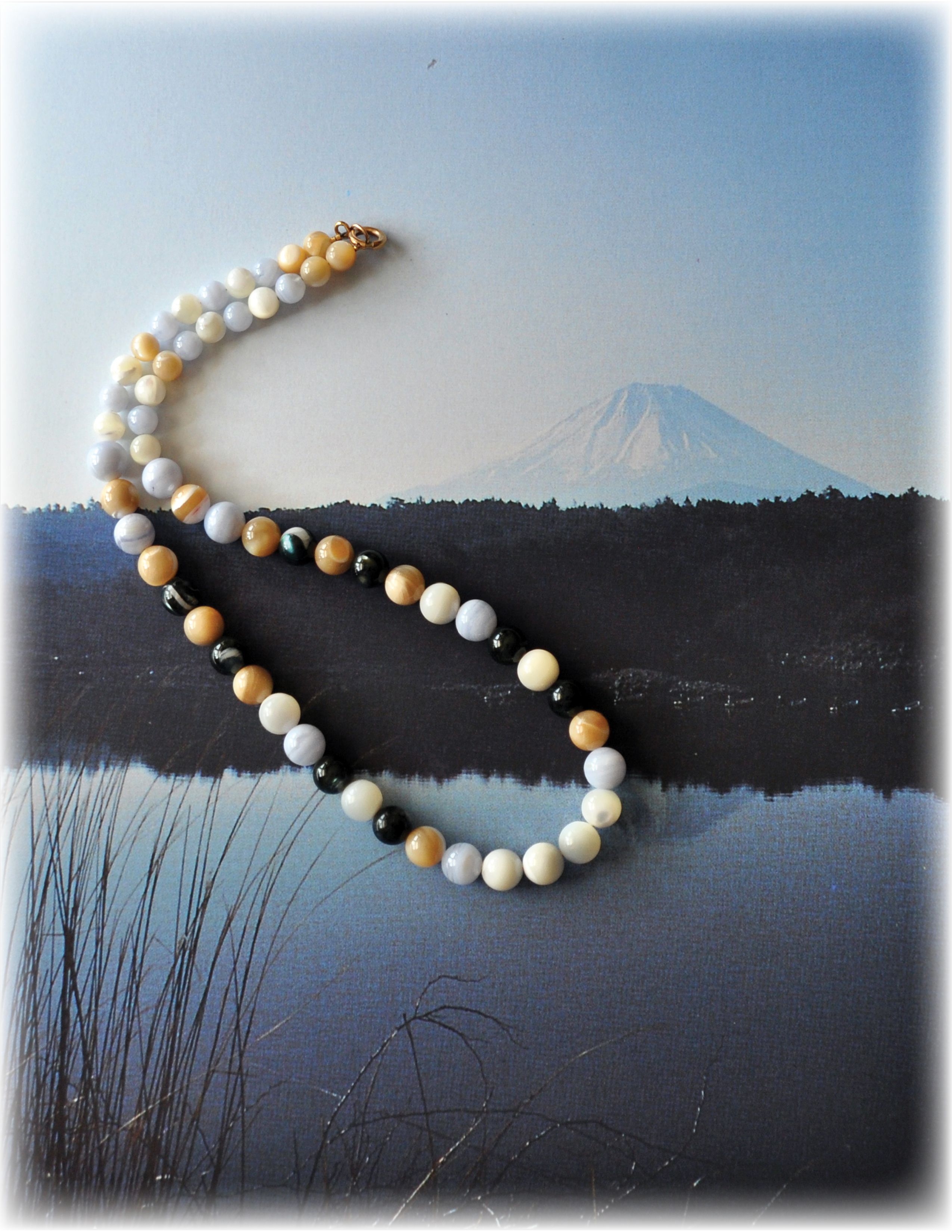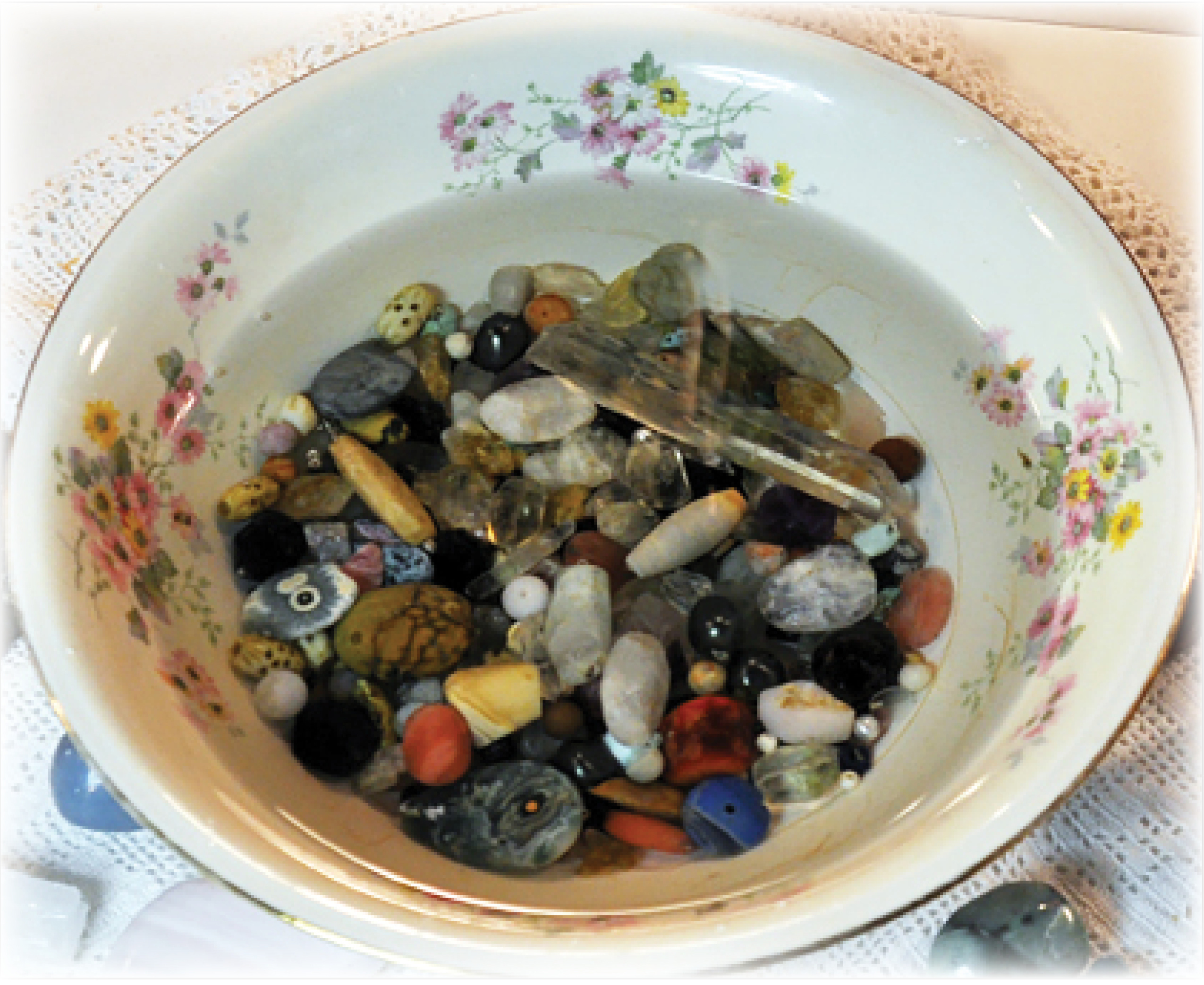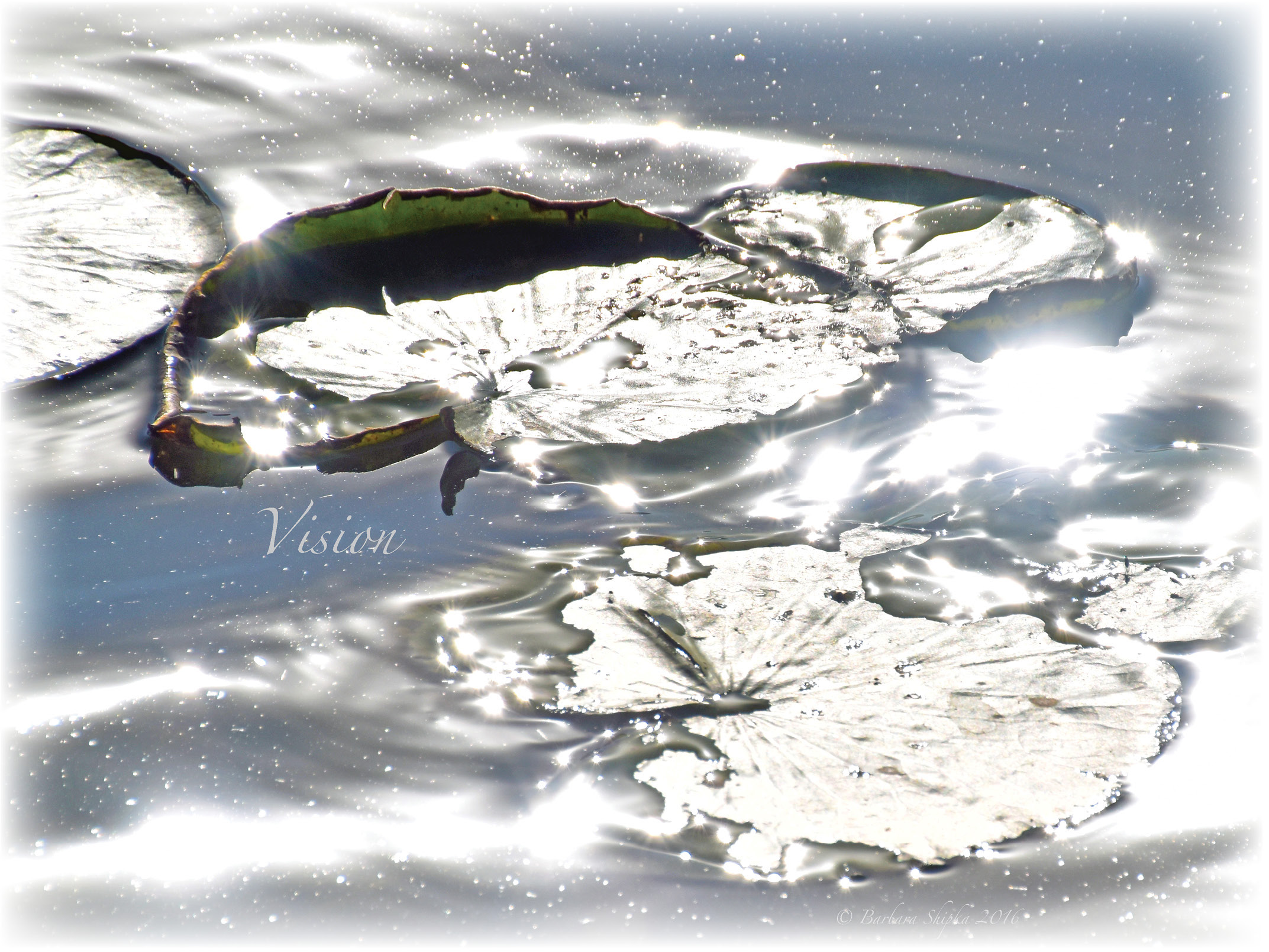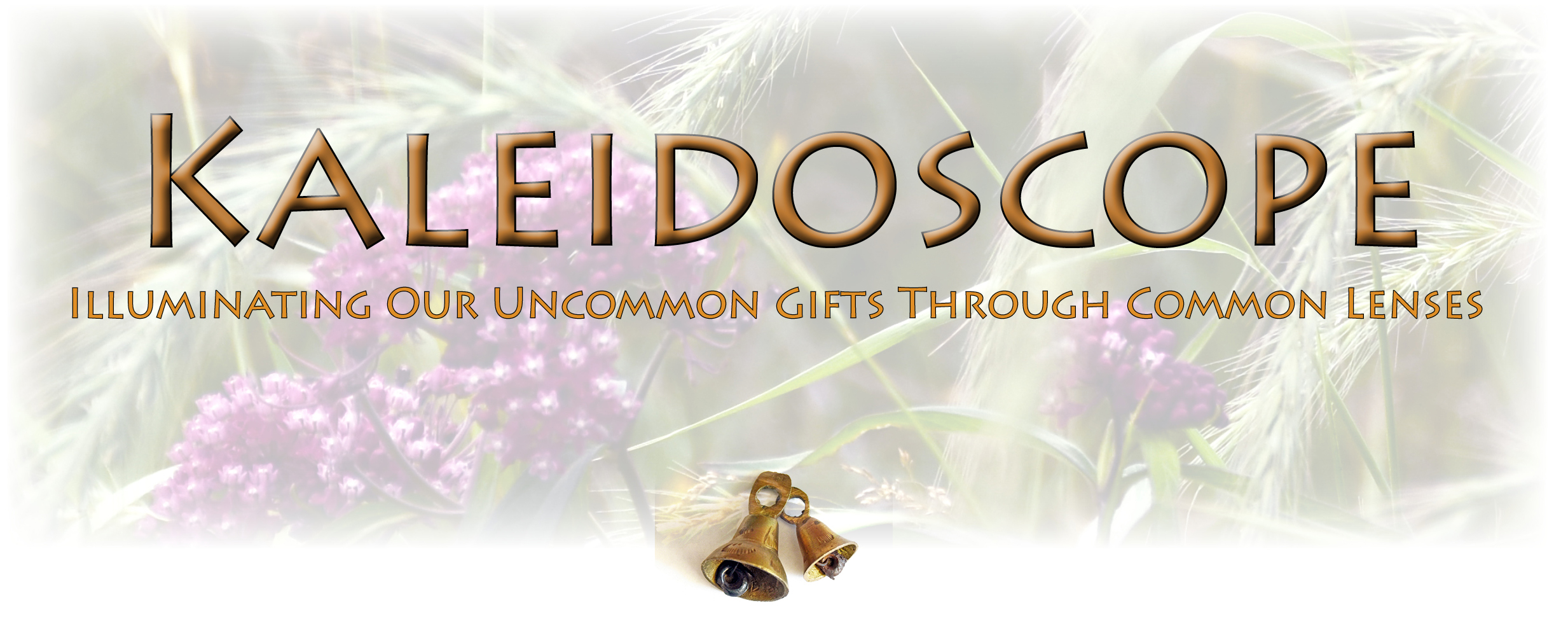I promise
if you keep
searching for everything
beautiful
in this world
you will
eventually
become it.
~ tyler kent white
.
 GROUND: perfectly imperfect beauty
GROUND: perfectly imperfect beauty
LIGHT: imperfectly perfect beauty
Wabi-sabi loosely translates as ‘the Zen of things.’ Going beyond our conventional ideas of beauty as being the height of bloom, wabi-sabi is also about looking more closely and recognizing beauty in the inconspicuous and imperfect.
Three spiritual principles of wabi-sabi beauty: *
1. Truth comes for the observation of Nature.
All things are impermanent, imperfect, and incomplete.
2. Greatness exists in the inconspicuous and overlooked.
We tend to overlook a lot…the minor and the hidden, the damaged and the waning, the tentative and the ephemeral, the quiet and the subtle….
3. Beauty can be coaxed out of ugliness.
Beauty is not always or only lushness. Beauty is a dynamic event; an extraordinary moment of poetry and grace. It often occurs in quite unexpected and spontaneous ways.
.

.
Wabi-sabi is rooted in Zen Buddhism. Its philosophy and principles are demonstrated in the tea ceremony where a rituals and values of purity, simplicity, and imperfection are lived. For example, the masters’ prized bowls were handmade and irregularly shaped, with uneven glaze and cracks, and they held a unique sort of beauty in their deliberate imperfection.
Check out the Wabi-Sabi Desktops. Free to download, each photo has one word written on it for contemplation. Enjoy!
Here is one of my favorites. This photo of end-of-the-year, dying lily pads, brilliantly reflecting sunlight and surrounded
by dust and debris that reminds me of The Milky Way, is an example of key principles that define wabi-sabi beauty.

* These principles are adapted from Leonard Koren’s beautiful treasure of a book, Wabi-Sabi. It’s a very wabi-sabi book!
About the Stones
Venerable Vulnerability
Healing Theme: Designed to support you in humbly noticing the simple and extraordinary ordinary beauty of our world.
More…
